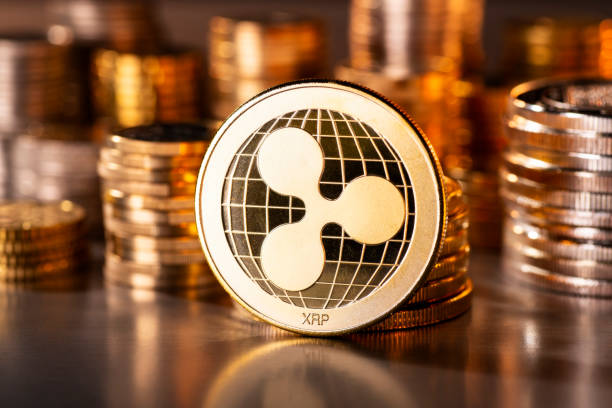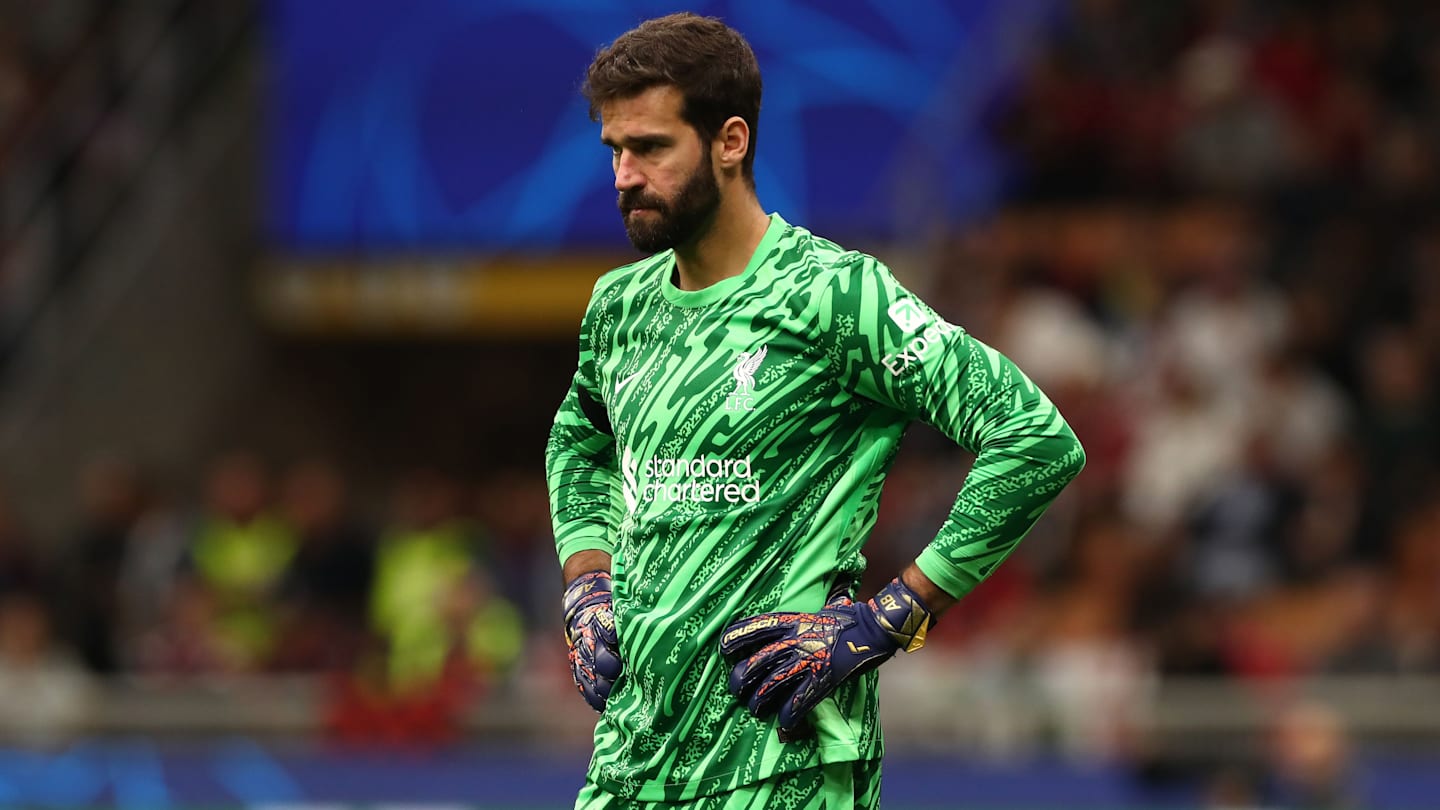I’ve often cited the UN’s Intergovernmental Panel on Climate Change’s (IPCC) conclusion that if we do nothing about global warming this century, GDP in 2100 will be 3% lower than it would have been. This November 2022 report by Charles Kenny, a senior fellow with the Center for Global Development puts the number even lower. He writes:
By AR6 the IPCC was suggesting “under high warming (>4°C) and limited adaptation, the magnitude of decline in annual global GDP in 2100 relative to a non-global-warming scenario could exceed economic losses during the Great Recession in 2008–2009 and the COVID-19 pandemic in 2020.” (World GDP fell from $62.9 trillion to $62.1 trillion 2008 to 2009, and $84.7 trillion to $81.9 trillion 2019 to 2020, these are one-year declines, and the IPCC is suggesting climate change might cause the same impact over 90 years).
The IPCC’s estimates are toward the low end. A recent review of the literature using estimates of the impact of past temperature changes (alone) to forecast future impacts suggests global GDP will be 1-3 percent lower than otherwise in 2100 due to the impact of climate change (with a 95 percent confidence interval of -8.5 percent to +1.8 percent) consistent with most integrated assessment models, although some of those models suggest an impact up to 10 percent in the presence of extreme events like the collapse of the Greenland Ice Shelf.
He goes on to point out:
But even with Burke et al.’s approach, the annual global growth rate under their baseline scenario is 3.1 percent. Absent climate change, the global economy would be about 15.6 times larger in 2100 than 2010. They suggest the impact of climate change might be to bring that down to about 12 times larger.
A friend who lives in Miami called yesterday and said, “What if I accept the 3% claim? That doesn’t tell me what happens to wealth.”
He explained his point with an example. With global warming, coastal Florida might get seepage of seawater into their fresh water. That would he a wealth loss because they would have to spend substantial resources to use, say, desalinization. I answered that that’s Florida and I don’t how general that is, so that in the grand scheme of things, it might not be a large wealth loss. But we both recognized that I’m speculating. There could be other effects in various parts of the United States and the rest of the world that would cause large wealth losses.
It turns out that Kenny makes a related point. He writes:
One of the greater war crimes of the second half of the twentieth century was the massive and indiscriminate bombing of Indochina by the United States in the 1960s. The aerial campaign dropped more bombs than were used in the entirety of World War II. In North Vietnam, Operation Rolling Thunder destroyed more than half of the bridges and nearly 60 percent of the power plants alongside schools and houses, and killed at least tens of thousands of people. In 2011, Ted Miguel and Gerard Roland went looking for evidence of the long-term economic impact of the devastation. But they could “find no robust adverse impacts of US bombing on poverty rates, consumption levels, electricity infrastructure, literacy, or population density through 2002.” It was as if the mass destruction and loss of innocent life had never happened.
It would take an obscene amorality to suggest “well then, it didn’t matter.”
I think those who look at long-run economic forecasts of the impact of climate change and ask: “how can they be so small?” or look at those impacts and argue “see, it doesn’t matter” might be falling into a related error. It is true the long-term aggregate GDP impact of climate change might look underwhelming in much of the economics literature. In a way that should come as little surprise, in that the long-term aggregate impact of past disasters often looks pretty small in the literature too. But that doesn’t mean climate change is a small problem any more than those past disasters were; it means that long-term global GDP trends probably miss a large part of a big problem. “Lukewarmers” who use long-term global GDP forecasts to downplay the urgency of climate change are considerably too sanguine, then. But “doomsayers” who see the whole world heading toward a future amounting to a hotter version of the stone age are also wrong. The economic impact of climate change will vary considerably by country, with much of the effect driven by shorter-term shocks. And misdiagnosing the climate problem—either as small or universally existential—matters: it drives poor choices in the global policy response. The upcoming climate conference in Sharm El Sheikh is an opportunity to fix that.
Kenny’s analogy with bombing causes him to fall into a trap. It causes him to look just for the negative effects of global warming. But global warming is not like bombing: it also would have positive effects.
Kenny links to an IPCC chapter that discusses many of the bad effects of global warming that might be expected. But the IPCC chapter falls into the same intellectual trap that Kenny has fallen into: looking only at bad effects. There are also good effects and, as far as I can tell from perusing the lengthy chapter, the authors discuss literally none of them. “What good effects?” you might ask. Well, that’s easy for someone [me] from the cold Manitoba prairie to answer. There would be warmer weather further up north and, therefore, there would be farming further north in Manitoba, in Canada generally, in Norway and Sweden, and in Russia than there is now. Take a look at that chapter and you will see none of this.
David Friedman has done a great job on this specific issue of farming and food (here and here, for example.) It’s hard to find much else.
Here’s my more-thought-out prior on why the wealth losses would be relatively small. People would have time to adapt. Think about buildings on the coast that might be sitting in a foot of water. If that happened, it would likely happen in 40 or so years. So when people replace old buildings with new buildings, much of which they would have done anyway, there’s not much added cost.
Has anyone taken a careful look at the wealth losses and compared them to the wealth gains? If you answer, please include links. Comments that have lots of links generally get held up before they are posted. So a safe way is to type out the link rather than include a hot link. Your option.
















